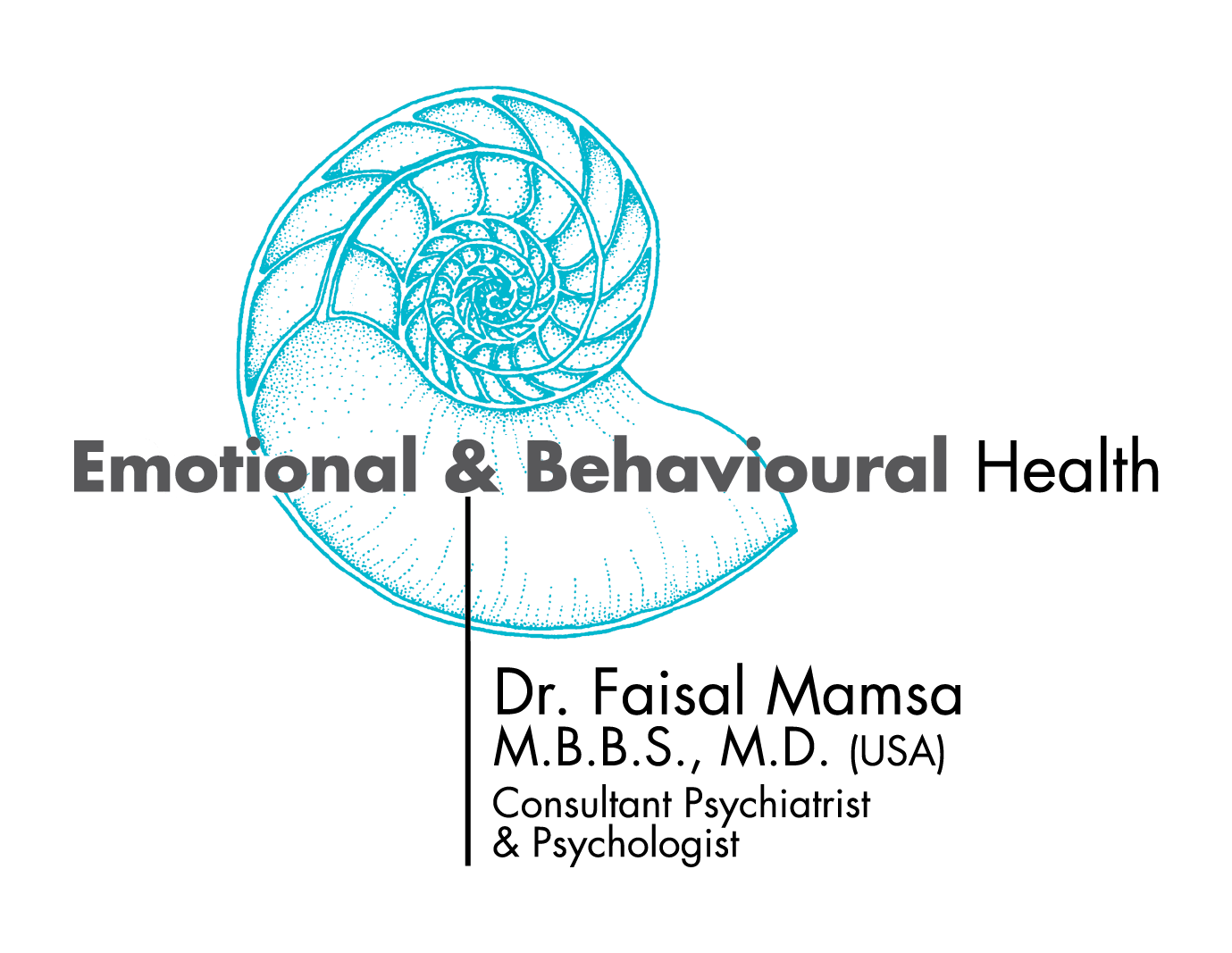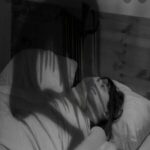Sleep Paralysis

Do We Always Recognize It?
Sleep paralysis is among the most common types of sleep disorders; researchers believe that about 8% of people experience sleep paralysis at some point in their lives. However, in South- Asian countries such as Pakistan, disorders like sleep paralysis are often misinterpreted as cultural phenomenon. For instance, people are very likely to believe that a person going through sleep paralysis is possessed by a jinn, and this possession is causing the symptoms. Similarly, some people might misinterpret the symptoms of sleep paralysis as the effects of black magic or kaala jaadu.
Coupled with the mental health stigma that is prevalent in Pakistan, these cultural interpretations cause people to become even lesser likely to seek medical help for such disorders, as they believe these disorders to be cultural and supernatural conditions rather than medical conditions. It is important to break free from these concepts, as they cause even more harm to the people going through these disorders. In order to treat a disorder, it is important to be able to identify it. This blog will assist you in learning what sleep paralysis looks like, and how to help a loved one going through it.
What Does Sleep Paralysis Feel Like?
While having a sleep paralysis episode, you are aware of your surroundings, but you find yourself unable to move or speak. You can move your eyeballs, you can hear your surroundings, and you can also breathe properly. However, you cannot move any other part of your body. Most people going through sleep paralysis experience the following symptoms:
– Inability to speak
– Sense of suffocation
– Paralysis of the limbs
– Fear
– Helplessness
– Tightening around the throat
– Daytime sleepiness
Who is More Likely to Have Sleep Paralysis?
People who struggle with maintaining a stable sleep-wake routine are more likely to experience sleep paralysis than people who are able to follow a consistent routine. Sleep deprivation and constant change in sleeping schedule may make a person more vulnerable to experience sleep paralysis. These inconsistent patterns are usually seen in college/university students and in people who work irregularly-timed shifts. If sleep paralysis occurs recurrently, then it can be one of the symptoms of narcolepsy, which is a disorder of unstable sleeping boundaries.
Are There Any Specific Causes?
Many people suffering from sleep paralysis are usually the ones who have:
– Day time sleepiness
– Working irregular shifts
– Being sleep deprived consistently
– Having obstructive sleep apnea (we can link the blog on OSA here)
How Can I Manage a Sleep Paralysis Episode?
Most people who have experienced sleep paralysis routinely have reported that it helps to manage the symptoms of sleep paralysis by focusing on making small body movements such as moving one finger, then another, and so on. Future occurrences of sleep paralysis can be avoided by trying to prevent sleep deprivation and by avoiding the use of alcohol and recreational drugs, and by generally trying to maintain a more consistent sleep-wake routine. It may help to create a relaxing bed-time routine consisting of daily habits such dimming the lights , putting away electronic devices like cell phones and IPads , creating a quiet environment, etc.
How Can I Seek Help for Dealing with Sleep Paralysis?
Experiencing sleep paralysis can be very overwhelming. You may debate whether or not to trust anyone with details of what happened because you may think no one would believe you. This feeling heightens provided that you live in a society where sleep paralysis is not considered a real medical problem, and is misunderstood as demonic possessions, black magic, and so on.
However, you should not let this hold you back from seeking help. If you trust a professional with your experience of sleep paralysis, your symptoms can be managed in a much better way, and your likelihood of experiencing sleep paralysis again can also decrease. I advise visiting a sleep specialist like pulmonologist. Please don’t take benzodiazepines for this condition.

